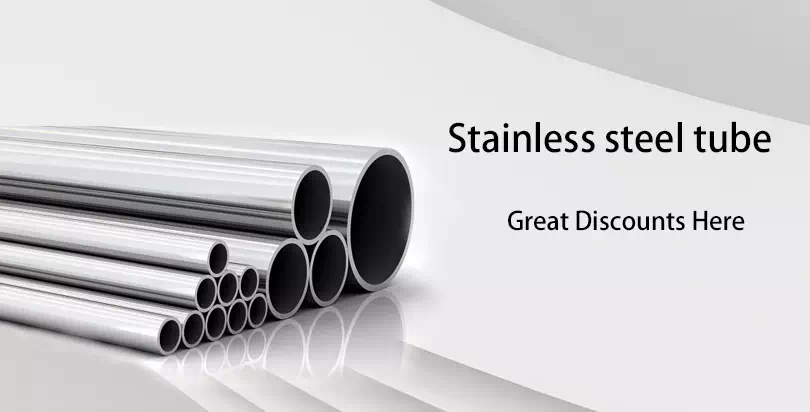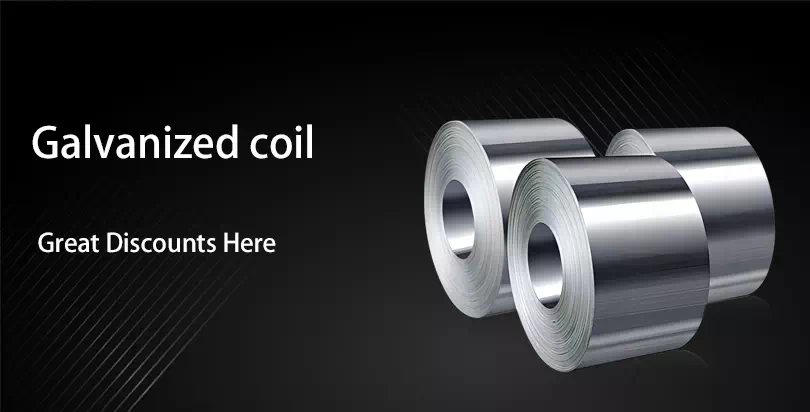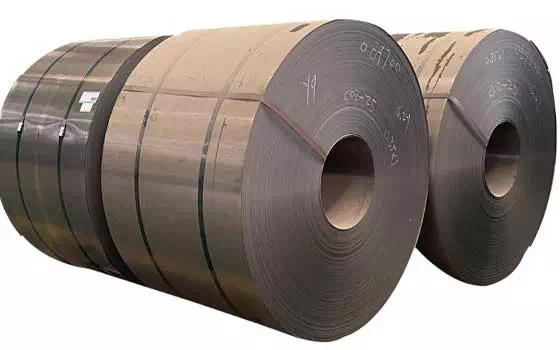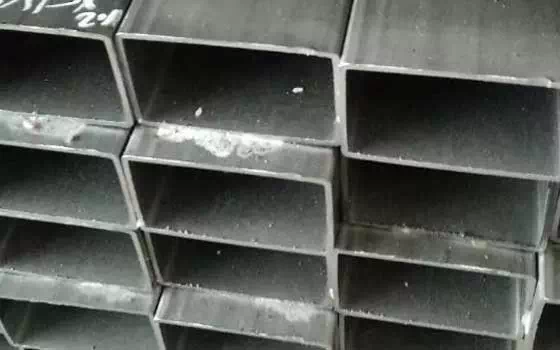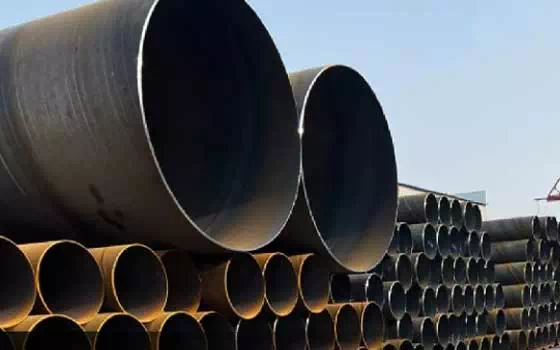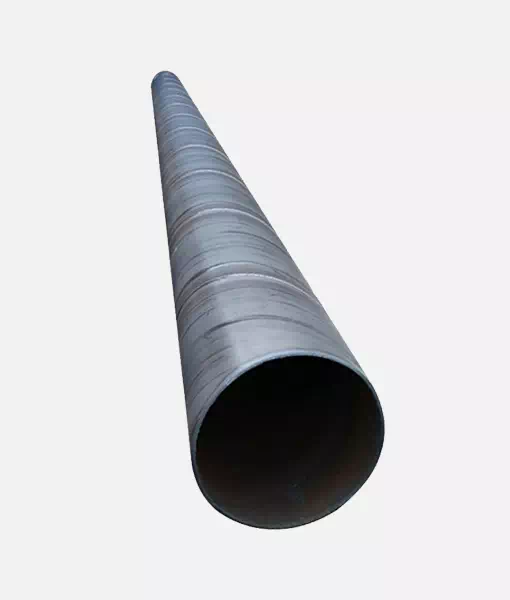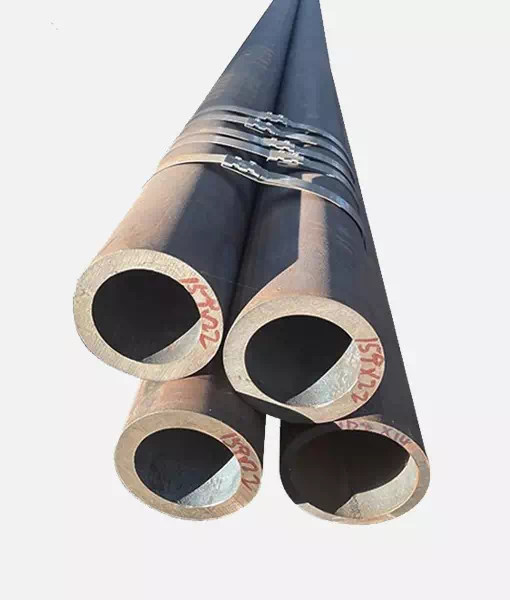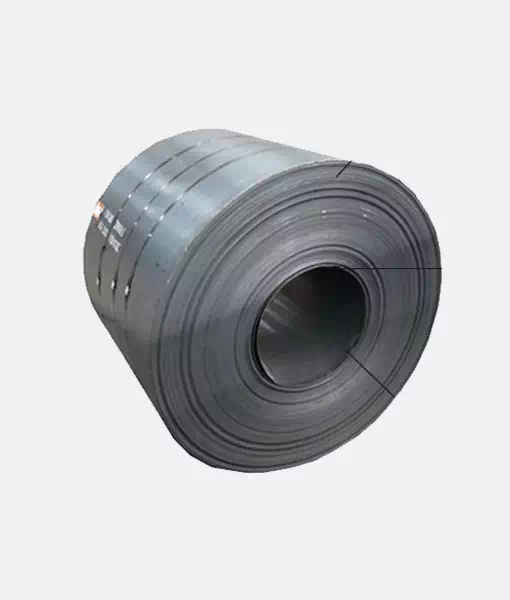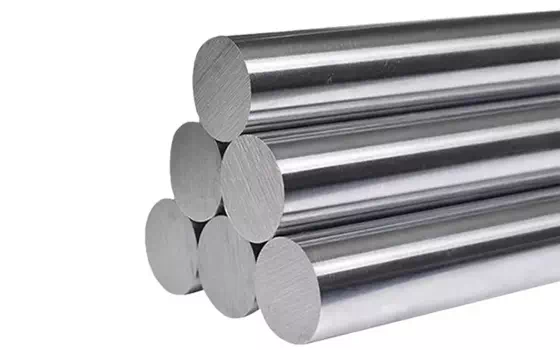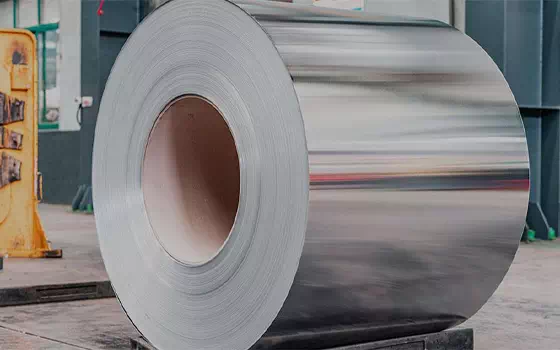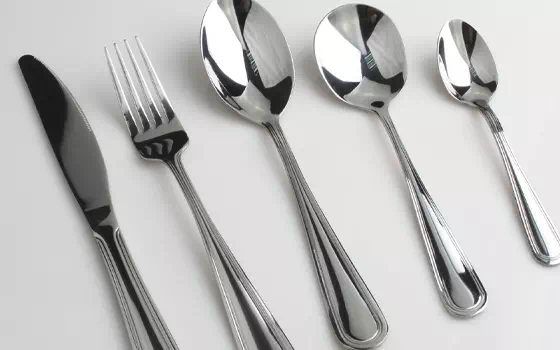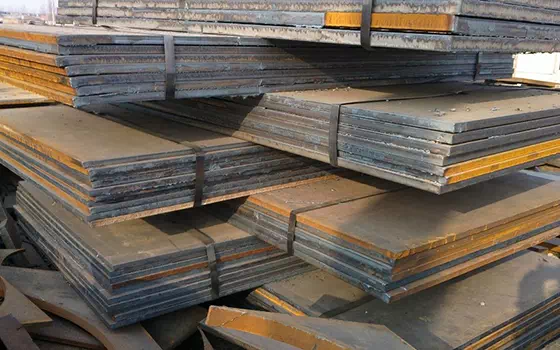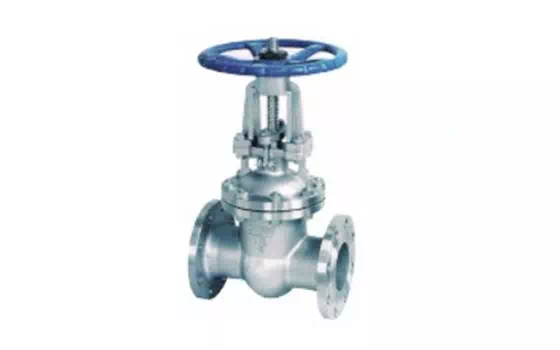The raw material is added to the top of the furnace, which operates at 3000°F, and as the iron ore melts and mixes with the burning coke, the carbon is released into the molten product. Impurities are absorbed by the lime into the surface slag, which can be skimmed from the molten steel.
1. Primary steelmaking
Primary steelmaking is a process that converts raw materials into steel. In this process, the original material can be 100% recycled or a mixture of recycled and original materials. The original material is formed in a blast furnace by melting and mixing iron ore, coke (produced from coal) and lime. The raw material is added to the top of the furnace, which operates at 3000°F, and as the iron ore melts and mixes with the burning coke, the carbon is released into the molten product. Impurities are absorbed by the lime into the surface slag, which can be skimmed from the molten steel. The product at this stage contains about 4% carbon, and there are still some impurities. The melted raw steel is transferred to an alkaline oxygen furnace (BOF) that already contains recycled scrap metal. Pure oxygen is blown through molten steel to oxidize excess carbon, creating a finished product with up to 1.5% carbon content.
2. Secondary steelmaking
Secondary steelmaking is a process technology to further improve product quality and consistency on the basis of primary steelmaking. It changes the composition and properties of steel by electric arc furnace, stirring, ladle furnace and other methods. Electric arc furnaces can change the composition of steel by adding or removing individual components or by controlling the temperature. Stirring is to generate turbulence in ladle through electromagnetic field, so as to achieve the separation of non-metallic inclusions and uniform mixing of molten steel. The ladle furnace acts as a secondary electrode furnace, enabling precise temperature control and measurement of alloy composition for injection. Inert gas is injected into the bottom of the steel tank, and as the gas heats up and rises through the molten steel, the stirring effect is achieved. Degassing removes hydrogen, oxygen, and nitrogen while reducing the sulfur content of the product. Composition adjustment (sealed argon bubble blowing oxygen - CAS-OB) is achieved by mixing argon gas into the sealed steel bath, and the snorkel arrangement prevents the slag from being disturbed while reducing the hydrogen content and allowing oxide inclusions to float to the surface. Deoxidation is an important part of secondary steelmaking, which can remove oxygen from molten steel, thereby changing the characteristics of the finished product, and thus improving the applicability of steel in different applications. Edge steel, sealing steel and semi-killed steel are different types of secondary steelmaking, and they have different characteristics and application ranges.
3. Casting
The traditional casting method is to pour liquid steel into the mold to make it solidify and form. This method involves lifting ladles with a crane in order to inject molten steel into a single mold mounted on a rail car. The ingot mold is slightly tapered to facilitate the removal of the ingot after solidification. The ingot is transferred to a soaking pit where they are reheated for hot rolling. Traditional casting machines can continuously cast molten steel into a shape more suitable for downstream processing. Modern casting machines use more advanced technology and equipment, such as continuous casting machines, water-cooled molds and automatic casting systems, to improve production efficiency and product quality. The casting process can be adjusted and optimized as needed to meet the needs of different industries and applications.


